#Sales
Report: GM Not Bothered By Corvette Markups
Chevrolet’s C8 Corvette has been in demand.
So much so that some dealers are commanding markups up to $100K over MSRP.
You Would Be Crazy to Buy a Used Car Right Now
I touched on it in the newsier post about used-car prices down below, but in normal times, scribes like us sometimes advise our family and friends who are car shopping to buy used, because a lightly used car can be in like-new condition and cost significantly less. And someone else has taken the initial huge depreciation hit.
These are not normal times.
Tight New-Car Supply Leads to Crazy Used-Car Prices
According to car-shopping site iSeeCars, there are currently 16 models that will cost you more used than new.
16!
That is, how shall we say, unusual. And, obviously, not good news for the used-car shopper.
Dodge Challenger Outpaces Ford Mustang, Chevrolet Camaro in Q2 Sales
We don’t normally pay too much attention to pony-car pissing contests or quarter-to-quarter sales battles because, well, they aren’t always interesting and/or newsworthy.
What happened this past quarter caught our eye, however.
The Great Used Car Buyup of 2021
With automakers having a difficult time keeping production schedules thanks to COVID restrictions nuking demand and upending supply chains, 2021 arrived with plenty of problems. Desperate to replenish fleets they had sold off while everyone was locked indoors, rental agencies went on a used car buying spree. But it wasn’t just rental fleets that needed to be restocked, dealerships are also finding themselves with fewer models on the lot than they’re accustomed to — which is a bad position to be in when surveys have revealed consumers are now willing to pay stupidly high prices for automobiles.
They’re reportedly going to great lengths to acquire used cars as the great buyup of 2021 continues.
Toyota C-HR Deathwatch: You've Got A Real Type Of Thing Goin' Down
Believe it or not, there was once a time before every automaker had something resembling an SUV on their lot. Of course, that time faded with the Carter administration. Today, every mainstream brand boasts a variety of lifted wagons to grab at every possible sliver of the segment.
Arguably, Toyota was there at the beginning of the modern crossover with the 1995 RAV4 – pedants of course will bring up the beloved AMC Eagle, but that didn’t exactly light up the sales charts. The combo of wagon-like interior space with perceived capability has proven irresistible for a quarter century.
Toyota has gone back to the well once more with the Corolla Cross, which would be the eighth distinct crossover/SUV in the lineup. Keen observers will note the dimensional similarity to the oddly-styled C-HR. Do both need to be on the floorplan at the same time?
Ford Launches Blue Advantage Used Car Buying Experience
Last quarter Ford launched its new Blue Advantage used car buying service, in an attempt to turn clicks into sales for its Ford dealers. Ford promises an excellent experience on its Blue Advantage cars, and the service includes cars from other marques. Dealers have signed up in droves.
2022 Subaru Solterra ESUV Proclaimed
In 2022, the Subaru Solterra electric SUV will go on sale. Another Subaru-Toyota joint venture, it’ll roll on the new e-Subaru global platform.
Chip Shortage Forces Ford Into Inventory Shortage
If you want to buy a Ford, you might have to hurry.
The microchip shortage could leave at least some Ford dealers short on inventory until perhaps August, according to Automotive News.
Tundra Versus the F-150 – What's Wrong With Toyota?
Can the Toyota Tundra go toe-to-toe with the Ford F-150, and does it make sense to try? The F-150 is the most popular vehicle in the U.S., despite a 12 percent drop in sales. Ford still managed to sell 787, 422 F-150s in 2020. Toyota sold a little over 109,000 Tundras in 2020, down two percent from 2019. While that sounds like the Tundra did well, it only outran the Nissan Titan.
2021 Jeep Exclusive – Gladiator Trail for Texas
There’s a new 2021 Jeep Gladiator, the Texas Trail. Unveiled this week, the Trail is offered only in Texas, the country’s largest truck market.
Report: Ford to Build Standalone Bronco Stores
If you have Bronco on the brain, you may find yourself buying one from a store that stands separate from your local Ford dealer.
Chinese Auto Sales Reportedly Rebounding Robustly
The China Association of Automobile Manufacturers (CAAM) is reporting its home market grew 74.9 percent in March, resulting in nearly 2.53 million new-vehicle deliveries. While we’re often skeptical of the organization’s rosy predictions and tallies, it’s claiming the recent sales surge is the direct result of how bad things had been in the previous year. China instituted some of the most aggressive lockdown protocols of any nation in the initial stages of the pandemic and had already been struggling with a declining vehicle market in 2019.
CAAM is making no illusions about the gains being based on anything other than how horrible March of 2020 was and doesn’t want to overpromise moving ahead. It’s a warning that the semiconductor shortage will likely worsen as the year continues, dampening Q2 projections. But the organization has not yet revised its forecast for next year’s overall sales. Last December, CAMM predicted roughly 26.3 million vehicles would be delivered by the end of 2021 and appears to be running with that target.
Rich People Are Finally Back On Top, Mercedes Takes U.S. Quarterly Sales Honors
Mercedes-Benz had an enviable first-quarter and managed to find itself back on top of U.S. luxury sales, icing out its chief rival BMW after two years of living in its shadow. Mercedes reportedly sold 78,256 vehicles within the first three months of 2021, thanks largely to its crossover vehicles.
It’s a year-over-year increase of 16 percent and helps to explain why the brand is relegating the CLS to a single trim while expanding its options for heavy hitters like the GLC Class. But Mercedes’ recent success may have more to do with the way the luxury segment is rebounding as a whole. As pedestrian models are finding themselves coming out of the pandemic with fewer customers, especially of the subprime variety, high-end luxury brands are enjoying clearer skies.
Jeep Is Thrilled With 15,000 Japanese Customers
American automotive brands have never really caught on with the typical Japanese consumer. While we’ve done numerous dives trying to understand why the gist is that our tastes don’t typically overlap and they generally prefer to buy domestic. Foreign marques are comparatively rare, frequently German, and are generally owned by those looking to flex their status with an imported luxury vehicle.
U.S. brands that were on the market began retreating as they began pulling smaller automobiles from their lineup. But Jeep has stuck it in there and things are reportedly beginning to pay off. The automaker’s distinctive styling seems to be resonating with people in Asia and it’s really the only historically American nameplate that’s managed to find an audience in the Land of the Rising Sun.



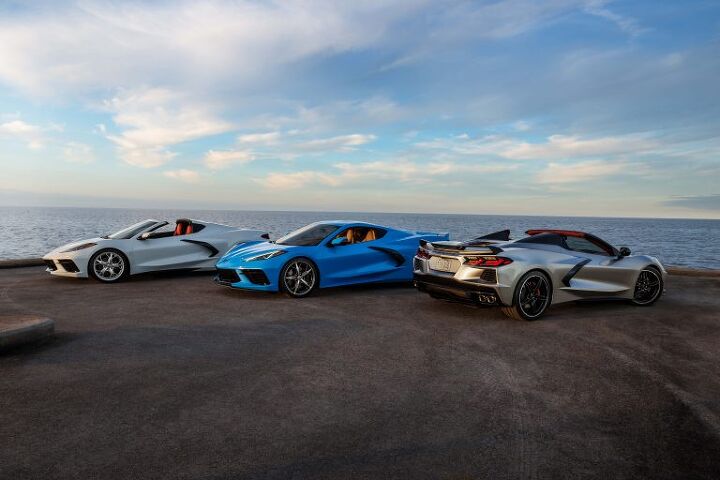

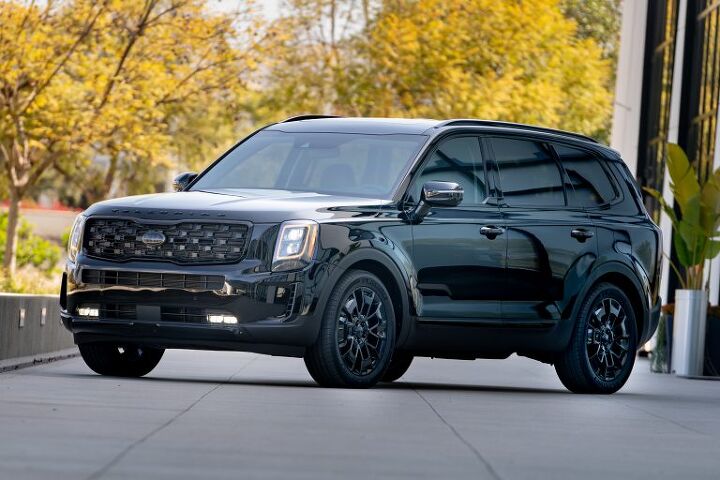
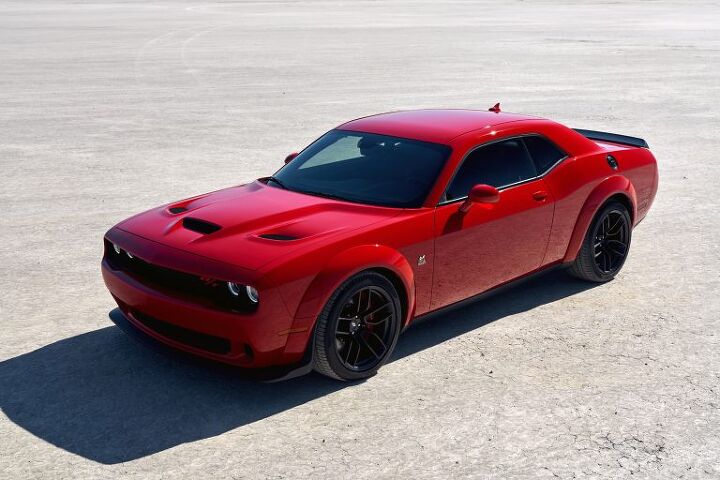

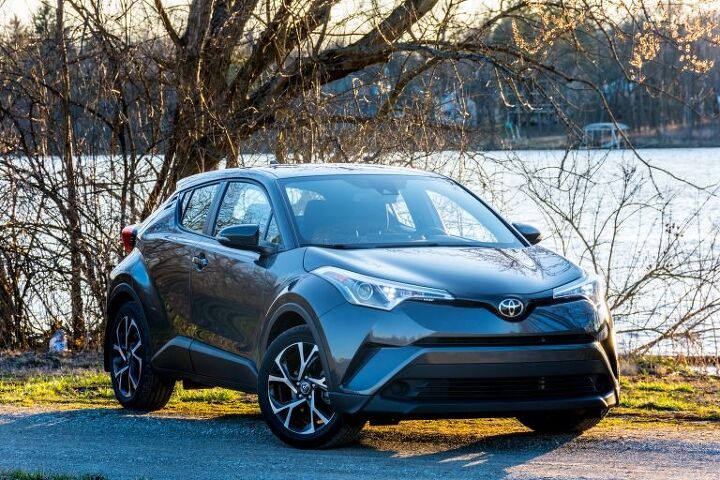
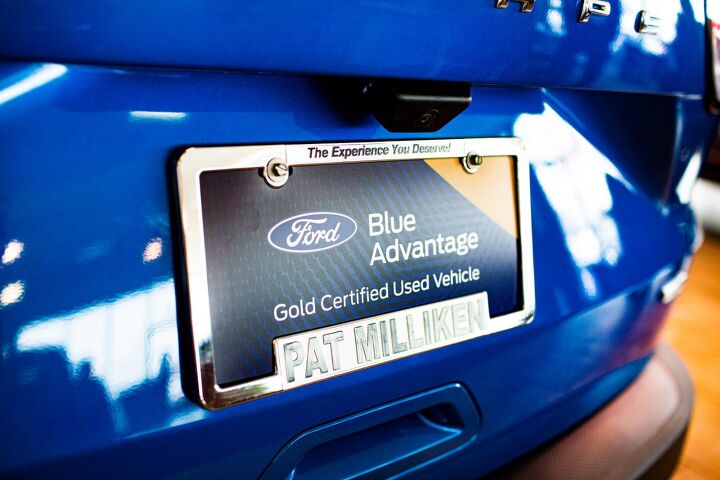
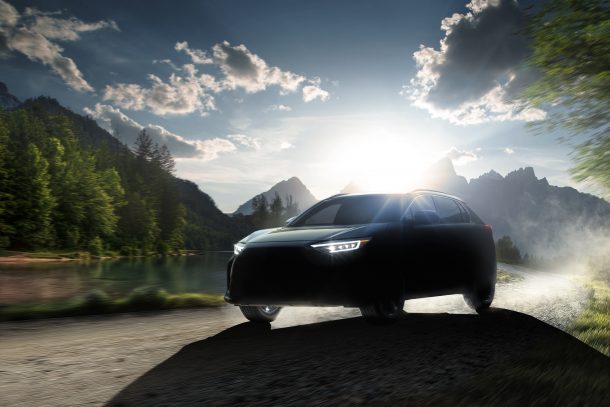
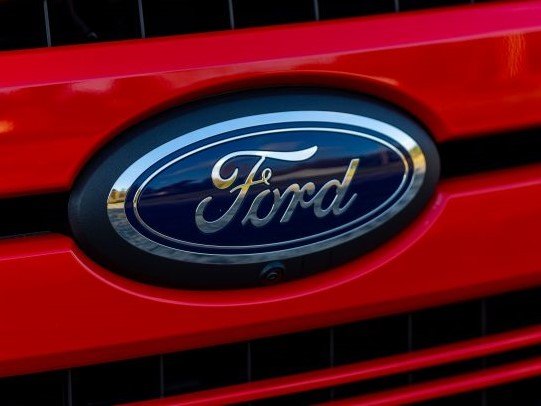
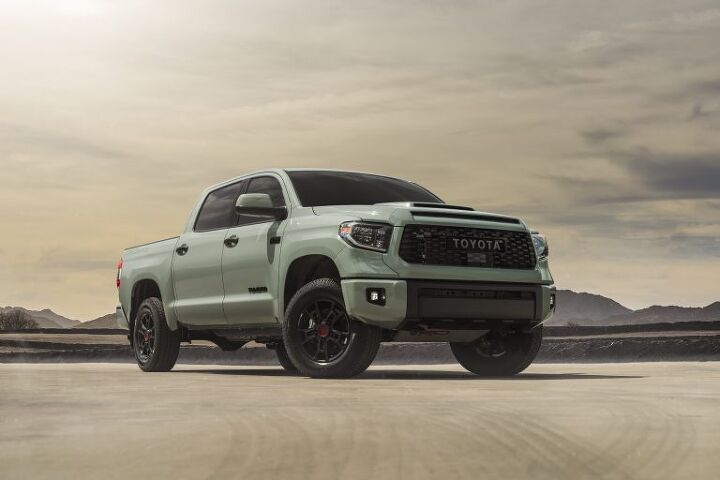
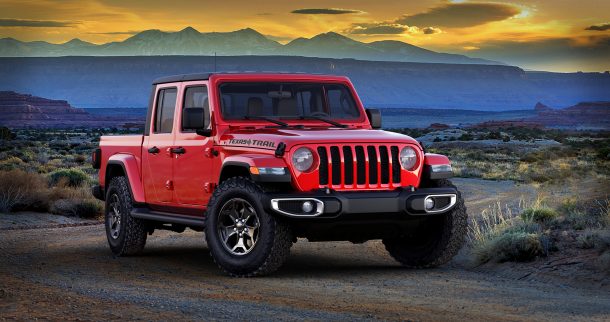
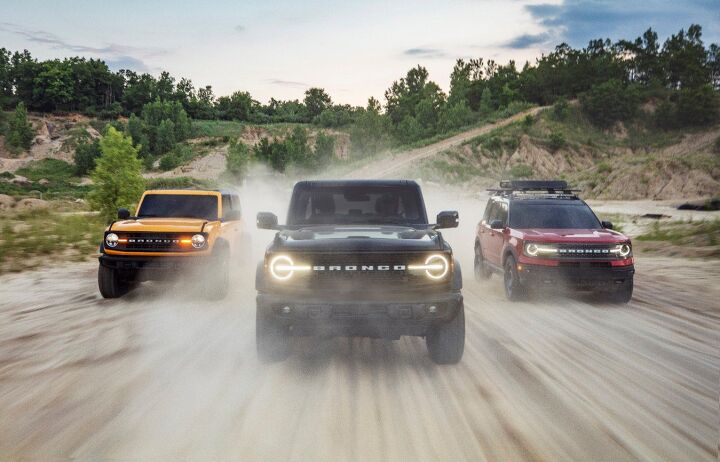
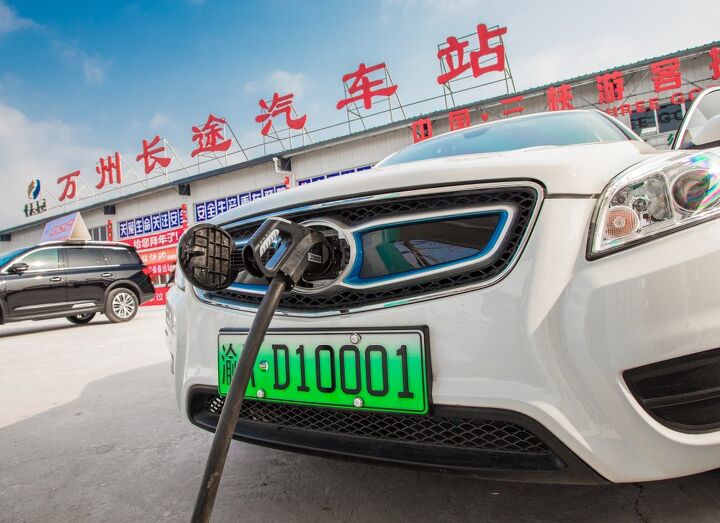
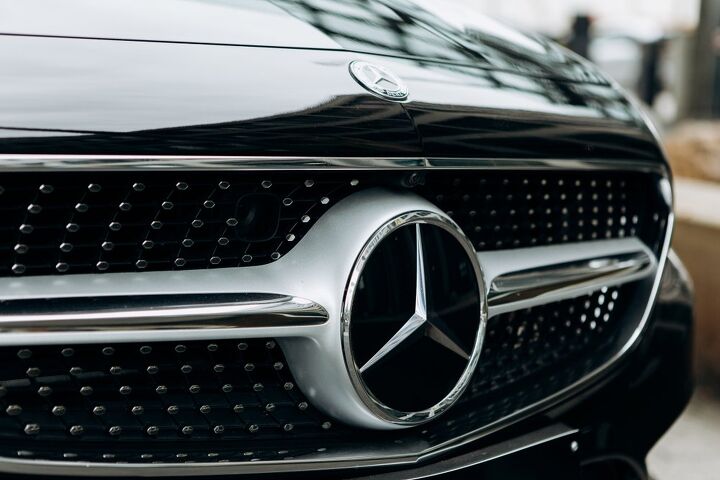
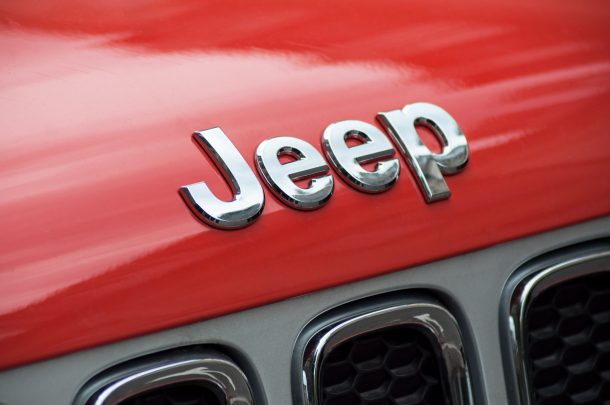












Recent Comments